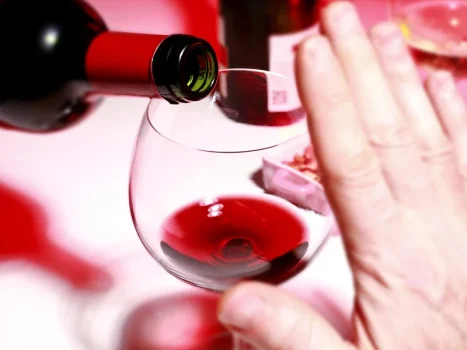Neuroscience: The Brain in Addiction and Recovery National Institute on Alcohol Abuse and Alcoholism NIAAA

People who binge drink, drink to the point of poor judgment, or deliberately become drunk many times each month have a much higher risk of alcohol-related brain damage. The effects of alcohol on the brain vary depending https://ecosoberhouse.com/ on the dose and on individual factors, such as overall health. In general, the more alcohol a person drinks, the more likely it becomes that alcohol will damage the brain — both in the short and long term.
How is alcohol-related neurologic disease treated?
- You may also want to consider taking a nap during the day if you are feeling particularly tired.
- It can make it difficult for you to focus, remember things, or even have a conversation.
- But unlike most food products, in the last century, alcohol has been wrapped up in nearly perpetual controversy over its moral effects and health implications.
- It’s increasingly common for someone to be diagnosed with a condition such as ADHD or autism as an adult.
But most of the time, the sensation is temporary,” MacKinnon adds. Alcohol can act as a social lubricant and provide „liquid courage“ for people who are anxious or shy, but do not rely on it too much. You may want to avoid or limit alcohol if it allows you to engage in behaviors you would not normally engage in.

More in Healthy Living

If you relapse after having completed 90 days of consecutive treatment at an AAC facility, you can return for another 30 days of treatment at no additional cost. Doctors or family and friends can provide early intervention, which can help you avoid alcohol-related neurologic disease. In a 2019 study, researchers showed that quitting alcohol had a positive effect on most people’s mental well-being. Completely avoiding alcohol and eating a balanced diet can help minimize damage. Your chances for recovery depend on how early the disease is diagnosed and how much damage has already occurred.
© 2024 Harvard Health Publishing® of The President and Fellows of Harvard College
Cerebellar degeneration caused by alcohol occurs when neurons in the cerebellum deteriorate and die. The cerebellum is the part of the brain that controls coordination and balance. It’s increasingly common for someone to be diagnosed with a condition such as ADHD or autism as an adult.

The Long-Term Impact of Alcohol on Brain Health
If you’re wondering how to get rid of alcohol-induced “brain fog,” it may be time to seek professional treatment. Professional treatment can help you stop drinking and regain control of your life. Any brain that’s been the victim of extended substance abuse certainly couldn’t be harmed by a memory or concentration alcohol brain fog exercise. The journey to recovery involves managing withdrawal symptoms, making healthier lifestyle choices, and exploring various treatment options including therapy, counseling, medication, and detox programs. So, pace yourself, stay committed, and keep moving forward, one step at a time.